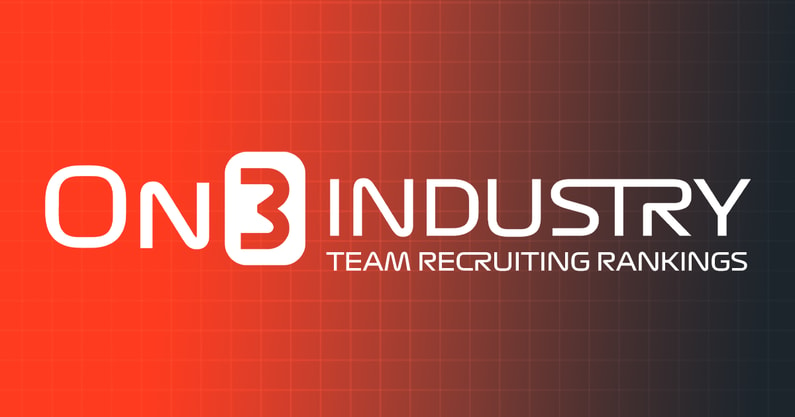On3 Industry Team Recruiting Ranking Raises the Bar

Our team has spent the past 25 years creating and overseeing team recruiting rankings. We made significant advancements when we created the 247 Composite, becoming the first team ranking to utilize ratings from the various recruiting media and scouting brands.
It always has been our goal to create the most accurate and unbiased team ranking. Along with our two decades of experience, we’ve spent the past year analyzing data and interviewing coaches, media and scouts.
It is time to start from the ground up and create a new ranking that accounts for the ever-changing recruiting landscape, which is heavily influenced by varying class sizes because of transfers and early departures to the pros.
The On3 Industry Team Recruiting Ranking is our best work yet. It is the most advanced, complete and unbiased ranking measurement in the industry, yet its simplicity makes it easy for fans to follow and understand.
+ The On3 Industry Ranking weights the primary recruiting media services based on past performance data and overall scouting and recruiting coverage investment.
Top 10
- 1New
Shilo Sanders
Lands with NFL team
- 2
Picks by Conference
The final tally in NFL Draft
- 3Trending
Mel Kiper
Eviscerates NFL: 'Clueless'
- 4
D.J. Uiagalelei
Signs NFL free agent deal
- 5Hot
Quinn Ewers drafted
Texas QB off the board
Get the On3 Top 10 to your inbox every morning
By clicking "Subscribe to Newsletter", I agree to On3's Privacy Notice, Terms, and use of my personal information described therein.
For football, the algorithm is weighted as follows: On3 (35%), 247Sports (35%), Rivals.com (20%) and ESPN (10%).
+ The On3 Industry Team Recruiting Ranking solves the problem of varying class sizes during the recruiting cycle. It compiles the highest-rated commits for each team up to a total based on a rolling average of current total commitments among Power 5 schools.
With this model, there are no bonus points for having more commitments than other teams and only small deductions occur when a team has fewer commitments than the rolling average. Unlike distribution (bell) curves, this model doesn’t disproportionately weight a team’s top three or four highest rated commits and is a more accurate representation of an entire class.